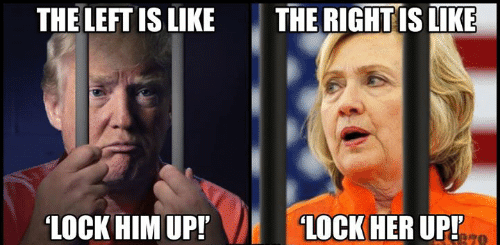
lock-up also lockup: “detention cell for offenders,” 1838, perhaps short for earlier lock-up house; from the verbal phrase. Meaning “action of locking up” is from 1845. The verbal phrase lock (someone) up in a dwelling, prison, etc., is from early 15c. Of things, “to hold in safekeeping or concealment,” also early 15c. See lock (v.) + up (adv.). To lock up (intransitive) “lock all the doors” (of a house, shop, etc.) is from 1901.
In the theological-philisophical dialogue between Job and his friends about why bad things happen to good people, his friend Zophar responds to Job’s wish that he were dead rather than face the suffering he’s enduring.
Zophar responds as the voice in the conversation that points towards secret sin, to the reality that everyone is broken, corrupt and sinful. He challenges Job to own up to his sin. He believes that if Job admits he’s less-than-perfect than he will find good and hope in his life anew. Zophar intones saying,
Can you find out the deep things of God?
Can you find out the limit of the Almighty?
It is higher than heaven[e]—what can you do?
Deeper than Sheol—what can you know?
Its measure is longer than the earth,
and broader than the sea.
If God passes through, and imprisons,
and assembles for judgment, who can hinder God?
For God knows those who are worthless;
when God sees iniquity, will God not consider it?
But a stupid person will get understanding,
when a wild ass is born human…
Job 11:7-11
Zophar asserts that God knows all, and that God holds all accountable. What he doesn’t accept in his argument is that sometimes bad things just happen to good people and sometimes good things happen to bad people. It’s not a quid-pro-quo. Unfairness. Injustice. Evil. Just is.
In our time we’ve built up our silos, fortifying ourselves against those who should be
locked up, who are evil, who have caused all the problems we face. Now I myself think those thoughts. And truly, systemic evil is something that we all are a part of and pay forward through our actions and inactions. And yet, locking someone up isn’t merely the answer to removing evil, suffering, and injustice from the world. In fact, those that seem to most utter that cry, are they doing so because of systemic injustice or because of subjective slights?
Questions for the practice of Examen & Contemplation
- How are you tempted to shape your perception of injustice around those that you don’t like?
- How are we in need of a righteous justice that only the One who can measure the earth and the sea (as Job says) can give?
- How can we get out of the impasse in which we simply shout at each other who (on the other side) should be locked up?
- How are we/you feeling pulled to be a person who speaks a different word, recognizing that bad things do just happen, and that good things can happen by our active action in the name of a higher power?